Neuroscience - Neuroscience Insights
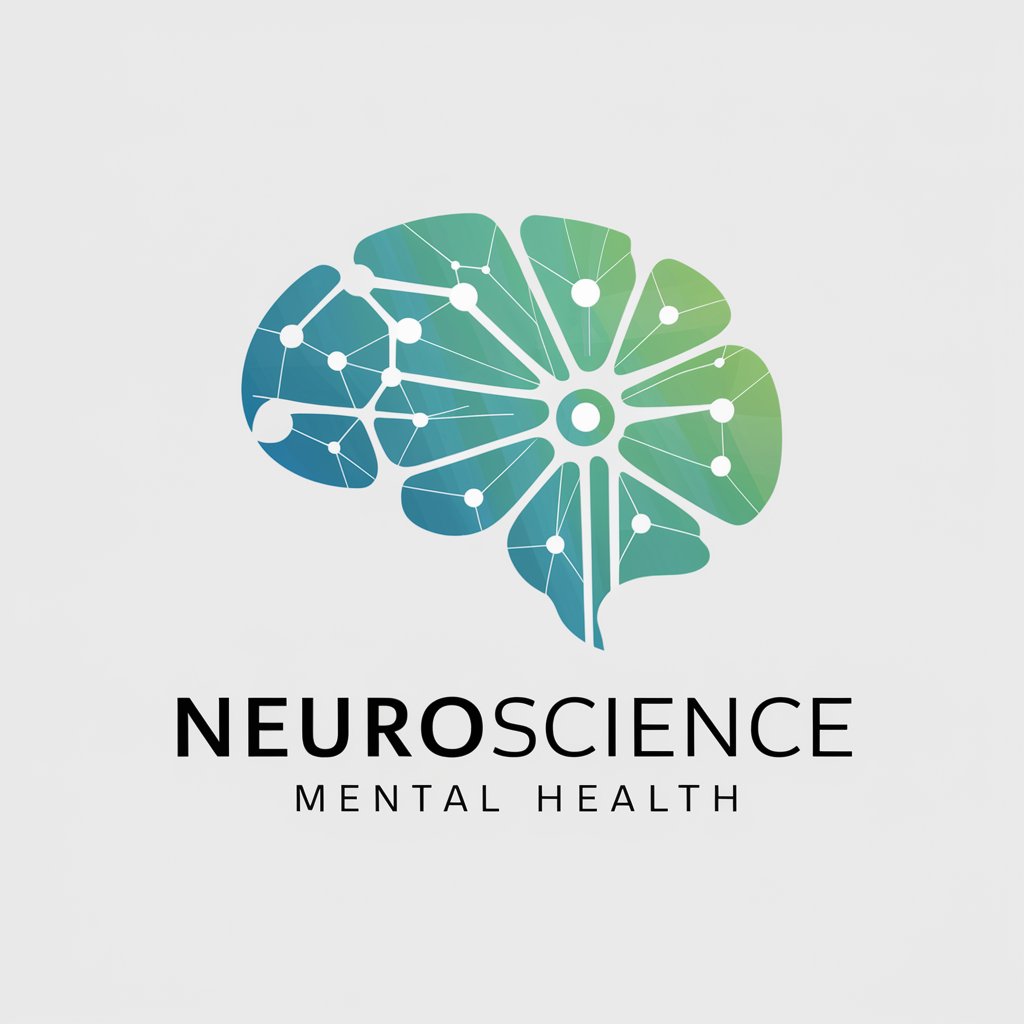
Hello! Let's explore the fascinating world of neuroscience together.
Unlocking the Mysteries of the Mind
Explain the role of neurotransmitters in brain function.
Discuss the latest research findings on neuroplasticity.
How does cognitive-behavioral therapy affect brain structure and function?
What are the key differences between various types of memory in the brain?
Get Embed Code
Introduction to Neuroscience GPT
Neuroscience GPT is designed as a specialized digital assistant focused on the field of neuroscience. Its primary purpose is to provide in-depth explanations, insights, and updates related to brain functions, mental health, and cognitive science. The design integrates a comprehensive database of neuroscience-related knowledge, enabling it to offer detailed responses to queries ranging from basic neuroanatomy to complex neuropsychological phenomena. For example, it can explain the neural mechanisms underlying memory formation, discuss the latest research findings on neuroplasticity, or provide insights into the cognitive processes involved in decision-making. By utilizing advanced language models trained specifically on neuroscience literature, this GPT aims to serve as an informative resource for both individuals seeking to understand more about the brain and its functions and professionals in the field looking for up-to-date information. Powered by ChatGPT-4o。

Main Functions of Neuroscience GPT
Providing detailed explanations of brain functions
Example
Explaining the role of the hippocampus in memory formation and how neural circuits encode and retrieve memories.
Scenario
A student studying psychology uses this function to understand complex topics for their coursework.
Discussing mental health topics
Example
Offering insights into the biological, psychological, and social factors contributing to depression, including potential treatment approaches.
Scenario
An individual seeking to understand their own or a loved one's mental health condition benefits from this nuanced discussion.
Sharing the latest research findings in cognitive science
Example
Summarizing recent studies on neuroplasticity and its implications for learning and rehabilitation.
Scenario
Healthcare professionals and researchers use this function to stay informed about cutting-edge developments in their field.
Ideal Users of Neuroscience Services
Students and Educators
Individuals engaged in learning or teaching psychology, neuroscience, and related fields. They benefit from detailed explanations of complex concepts, which can enhance understanding and pedagogical approaches.
Healthcare Professionals
This includes psychiatrists, neurologists, clinical psychologists, and other practitioners who require up-to-date knowledge on brain-related conditions, treatments, and research findings to inform their practice.
General Public with an Interest in Neuroscience
Curious individuals seeking to understand more about how the brain works, improve mental health, or stay informed about the latest scientific discoveries. This group benefits from accessible, accurate information tailored to non-experts.

How to Use Neuroscience GPT
1
Begin by visiting yeschat.ai for an initial experience free of charge, without the necessity for login credentials or a ChatGPT Plus subscription.
2
Select the Neuroscience GPT option from the available tools list to start exploring brain functions, mental health, and cognitive science topics.
3
Identify your area of interest or question related to neuroscience and enter it into the provided query box to receive an in-depth analysis or explanation.
4
Utilize the offered resources and references for a deeper understanding of complex topics or for academic purposes.
5
Engage with the tool regularly to stay updated on the latest research findings and to enhance your understanding of neuroscience over time.
Try other advanced and practical GPTs
Mountainlion
Empower Your Investment with AI

Seelz Secret Challenge
Unlock secrets with AI-powered deduction

Formula1 Fan GPT
Your AI-powered F1 companion

Dr. Bangkok
Navigate Bangkok with AI-powered ease.

Rain
Demystifying rain through AI
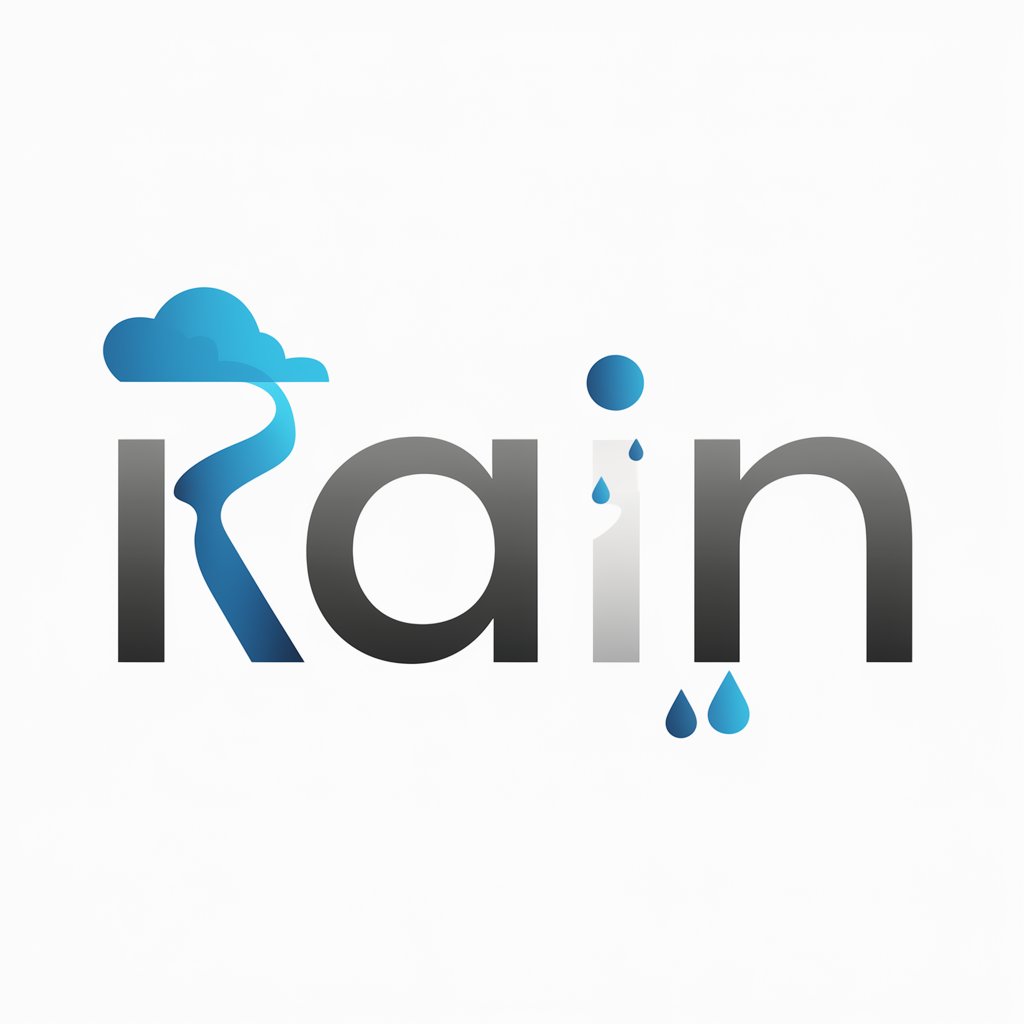
SUNO.AI SONG MAKER SOFT TEXT
Craft your song with AI creativity.
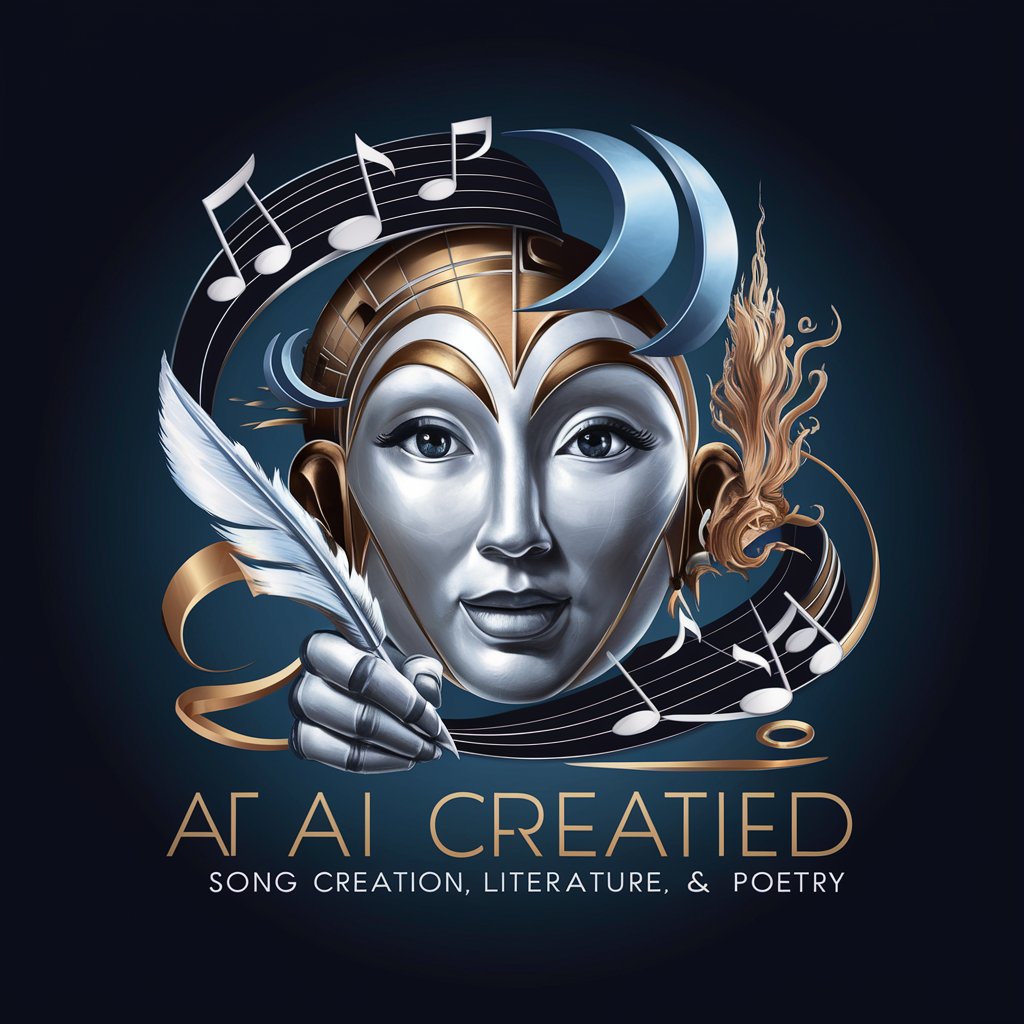
Note Transcriber
Digitize notes with AI precision
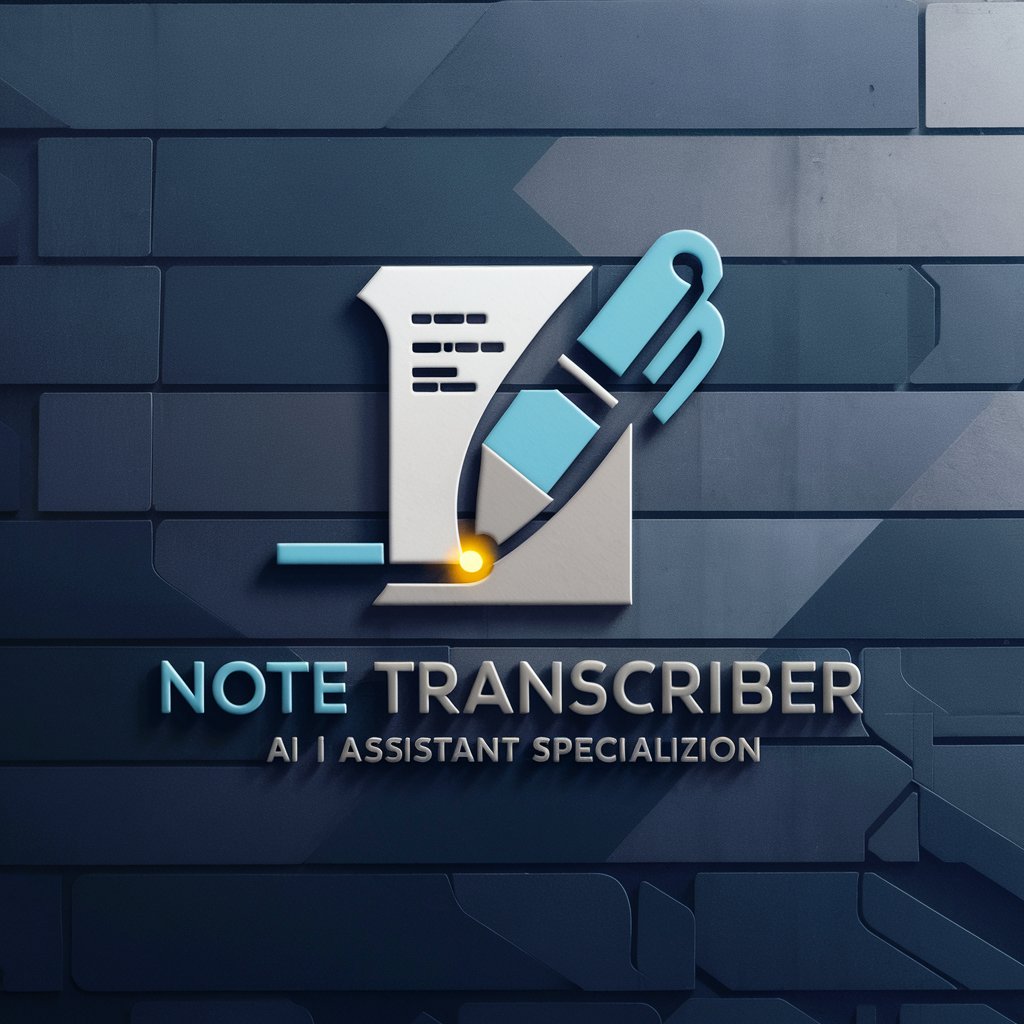
Q&A Agenda Notes
Transforming Conversations into Clarity

TrendRider
Ride the Trend Wave with AI

Groove Tutor
Empower your learning with AI
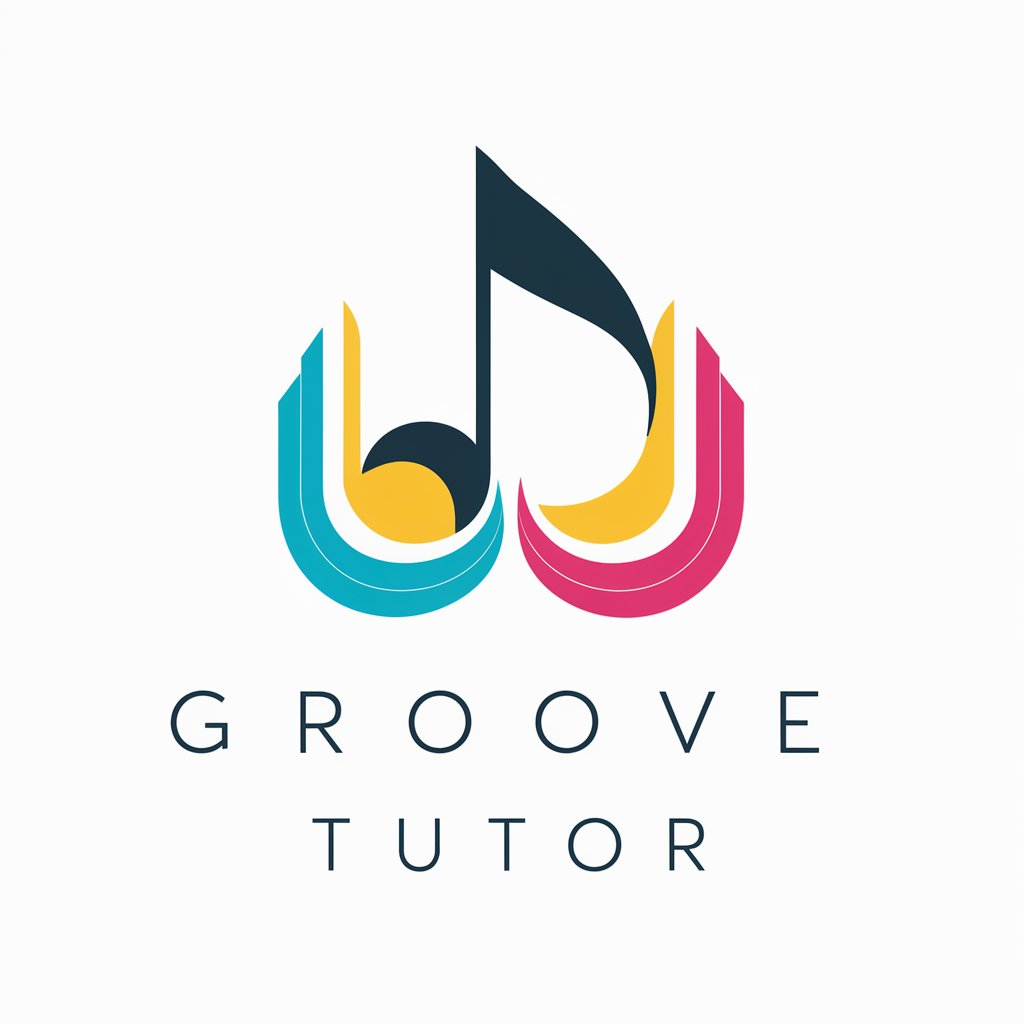
Garage Organization
AI-powered clutter-free garages

Virtual Home Organizer
Streamlining spaces with AI-driven advice
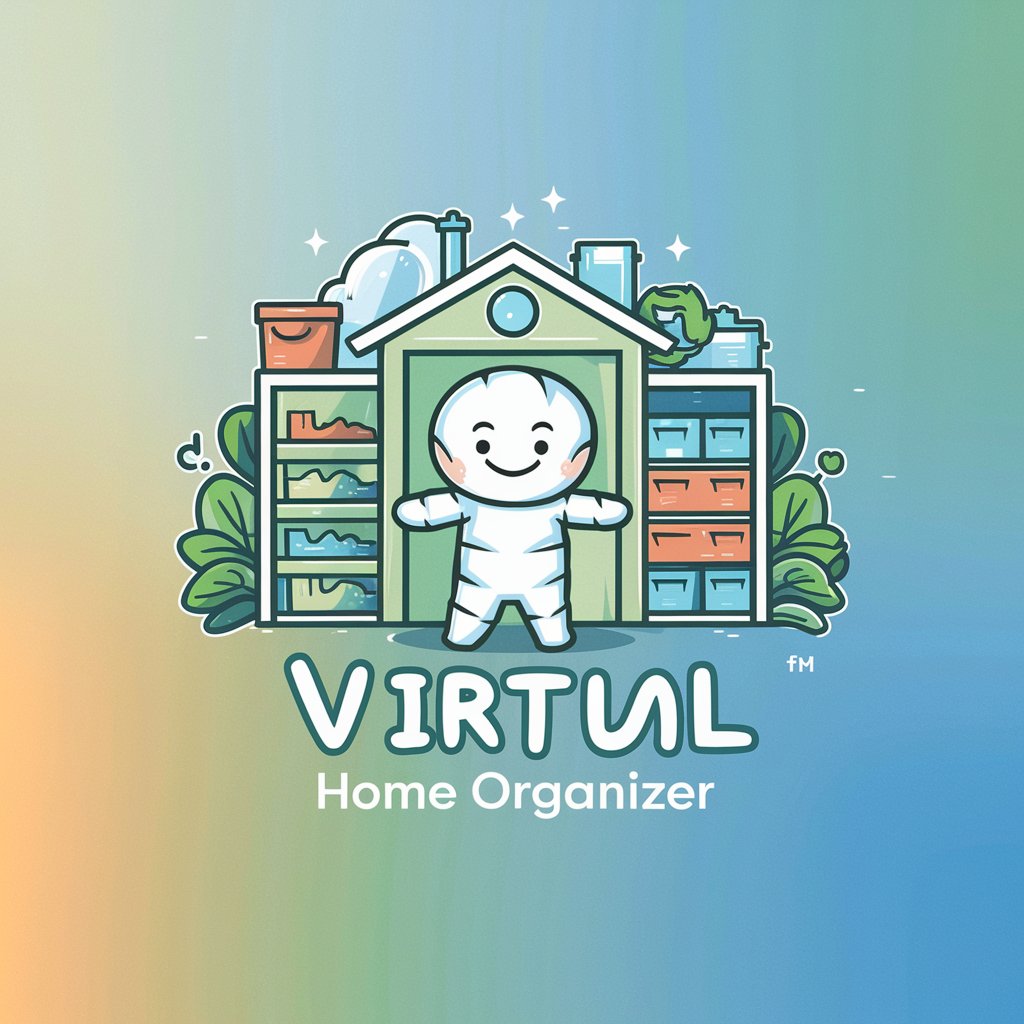
Frequently Asked Questions About Neuroscience GPT
What makes Neuroscience GPT different from other AI tools?
Neuroscience GPT specializes in offering detailed explanations and insights into brain functions, mental health, and cognitive science. It is designed to cater both to professionals in the field and individuals with a general interest, emphasizing accuracy, clarity, and the latest research findings.
Can Neuroscience GPT provide mental health advice?
While Neuroscience GPT offers insights into mental health topics, it is not a substitute for professional medical advice. It is designed to provide information and support understanding but encourages seeking professional help for personal mental health issues.
How can educators benefit from using Neuroscience GPT?
Educators can use Neuroscience GPT as a resource for creating lesson plans, providing students with up-to-date information on neuroscience topics, and as a tool for engaging students in discussions about brain functions and mental health.
Is Neuroscience GPT suitable for research purposes?
Yes, Neuroscience GPT can be a valuable tool for researchers by offering access to summaries of the latest studies, insights into various cognitive processes, and the potential for brainstorming ideas or hypotheses for new studies.
How can I ensure I'm getting the most out of Neuroscience GPT?
For an optimal experience, clearly define your questions or areas of interest, engage with the tool's resources and references for deeper insights, and regularly explore new and updated content to expand your knowledge in neuroscience.
